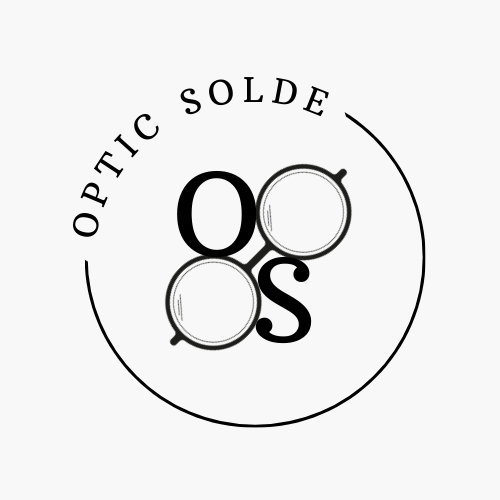Prescription Safety Glasses: Merging Protection with Precision
In various industries, workers’ safety is of paramount importance when it comes to protecting their eyes. With the rise of technological advancements, prescription safety glasses have emerged as a practical solution, merging protection with precision. These glasses offer workers the ability to see clearly while providing necessary protection, ultimately enhancing their overall safety and productivity. Let us delve into the world of prescription safety glasses, exploring their benefits and how they have revolutionized eye protection in different fields.
I. The Advantages of Prescription Safety Glasses
1. Visual Acuity:
Prescription safety glasses are customized to meet each individual’s unique vision requirements. By incorporating the correct prescription into the lenses, these glasses ensure optimal visual acuity. Workers with astigmatism, myopia, or hyperopia can now perform their tasks with utmost precision, reducing the risk of errors caused by impaired vision.
2. Eye Protection:
Prescription safety glasses offer robust protection against potential hazards, such as flying debris, chemicals, and harmful UV rays. They are designed to withstand impact, providing a shield for the eyes and minimizing the risk of injuries. Unlike regular glasses, these safety glasses feature impact-resistant lenses and durable frames that offer ample coverage and protection to the wearer.
3. Enhanced Comfort:
Manufacturers of prescription safety glasses understand that comfort is key for workers who wear them for extended periods. These glasses are made with lightweight materials, ergonomic designs, and adjustable features to ensure a comfortable fit. By reducing discomfort and strain, workers can focus on their tasks without distractions, leading to increased productivity.
II. Prescription Safety Glasses in Various Industries
1. Construction and Manufacturing:
In the construction and manufacturing industries, workers face numerous hazards, such as flying debris, chemicals, and dust particles. Prescription safety glasses with impact-resistant lenses and side shields provide comprehensive protection against these hazards. Moreover, anti-fog coatings can be applied to the lenses, preventing fogging that could impair vision, especially in humid or hot environments.
2. Healthcare and Laboratories:
Healthcare professionals and laboratory workers often deal with contagious bodily fluids and hazardous chemicals. Prescription safety glasses equipped with sealed frames and shielded side shields offer the necessary protection against splashes and spills. These glasses can also be equipped with anti-reflective coatings to minimize glare and enhance clarity during delicate procedures.
Bullet List: Other factors to consider
– Frame Durability: Prescription safety glasses should have robust frames that can withstand rigorous use. Materials like nylon or polycarbonate frames offer excellent durability and flexibility.
– Lens Material: Select lenses made of impact-resistant materials like polycarbonate or Trivex for optimal protection.
– UV Protection: Ensure that the lenses provide 100% UV protection to shield the eyes from harmful ultraviolet radiation.
– Fit and Adjustability: Look for glasses with adjustable nose pads or temple arms to achieve a customized and comfortable fit.
– Compliance with Safety Standards: Always verify that the prescription safety glasses meet the relevant safety standards, such as ANSI Z87.1, to ensure their effectiveness.
In conclusion, the advent of prescription safety glasses has revolutionized eye protection in various industries. By merging vision correction with robust protection, workers can perform their tasks with enhanced precision and safety. With the advantages offered by these glasses, such as visual acuity, eye protection, and comfort, the safety and productivity of workers in sectors ranging from construction to healthcare have significantly improved. Choosing the right pair of prescription safety glasses requires considering factors such as frame durability, lens material, UV protection, fit, adjustability, and compliance with safety standards. With the correct prescription safety glasses, workers can face their daily tasks with confidence, knowing that their eyes are well-protected.
